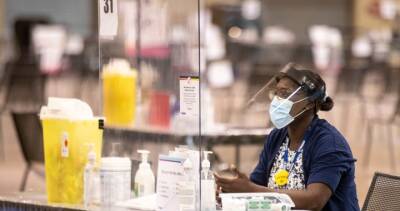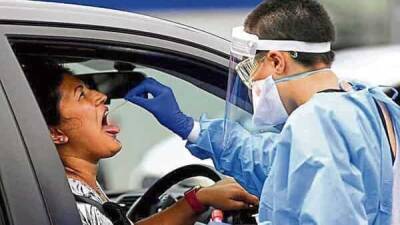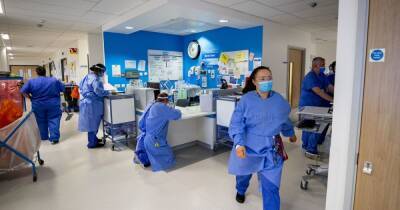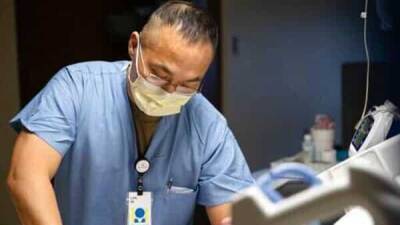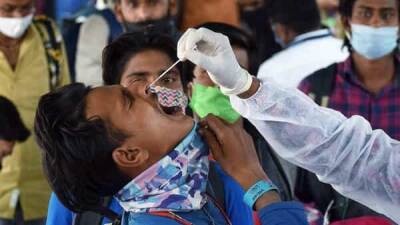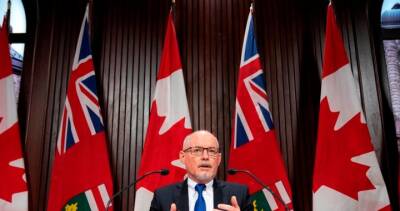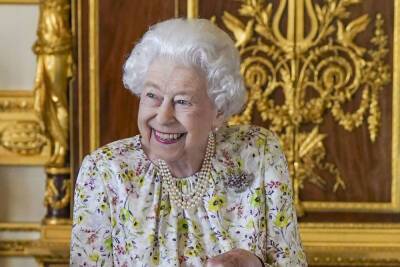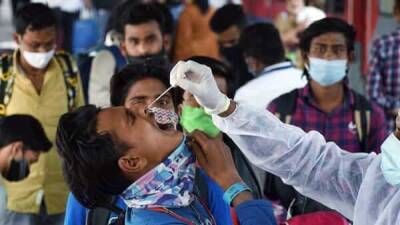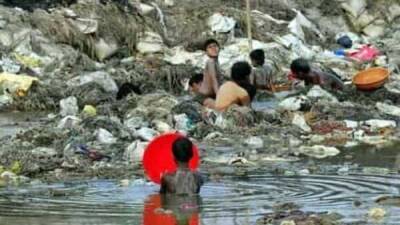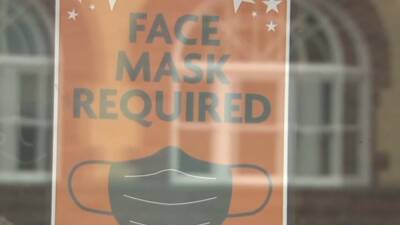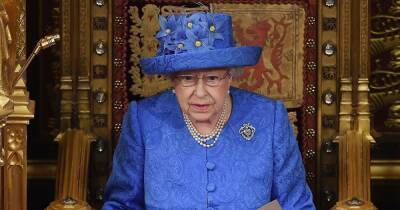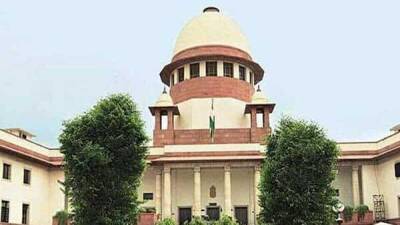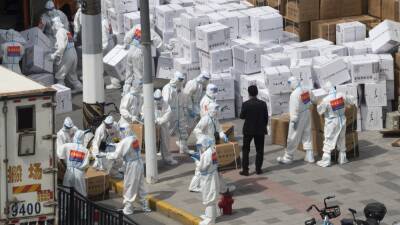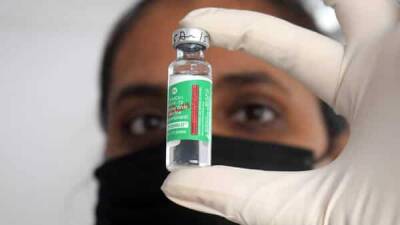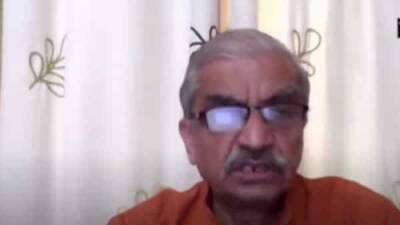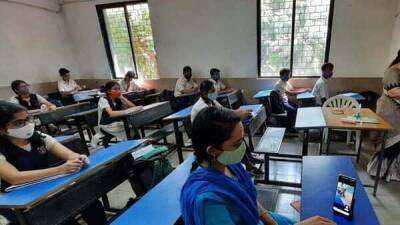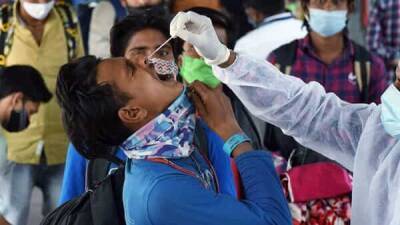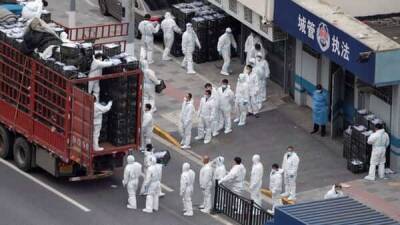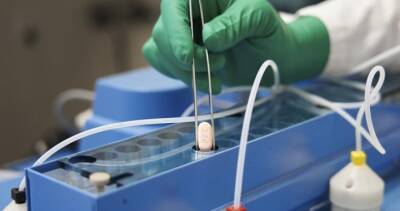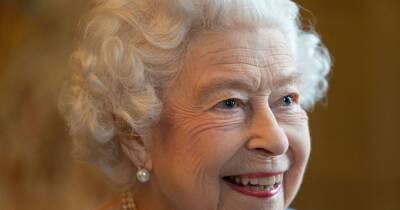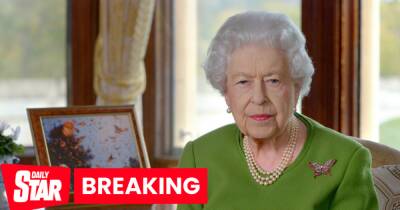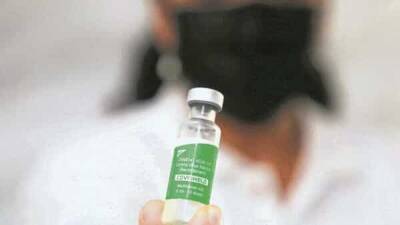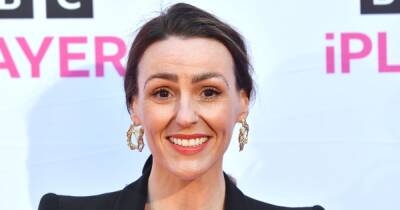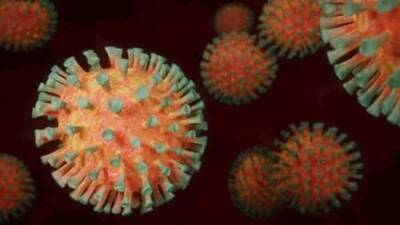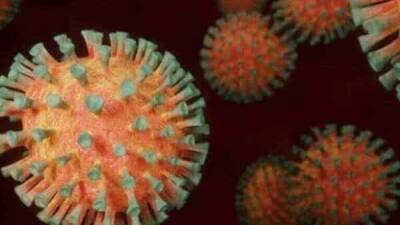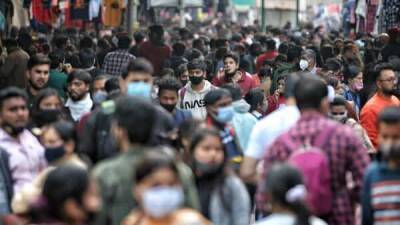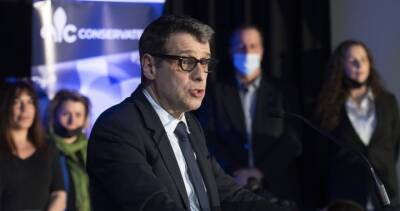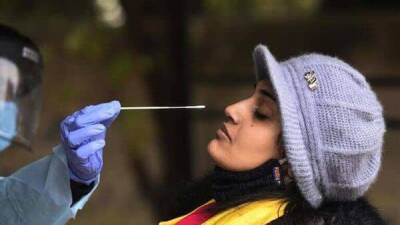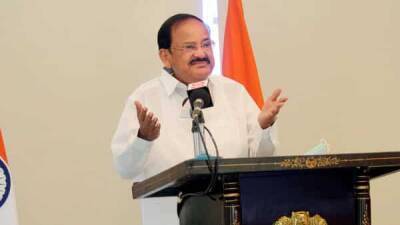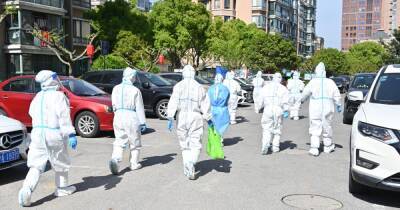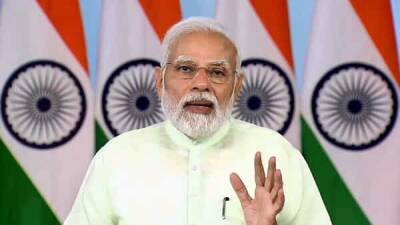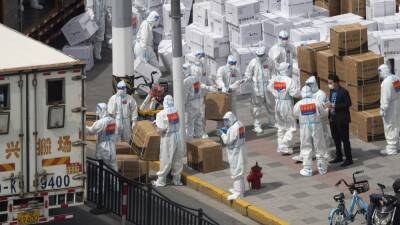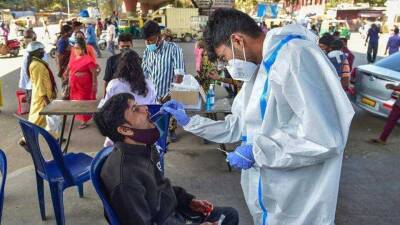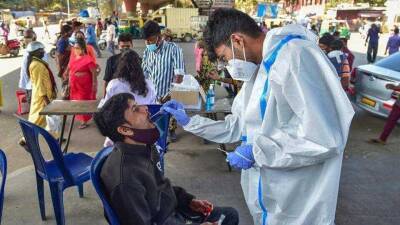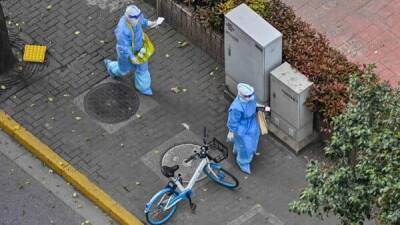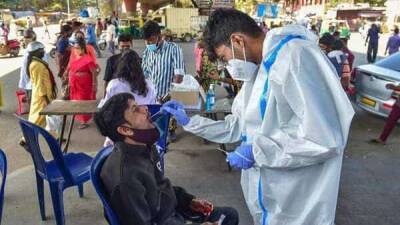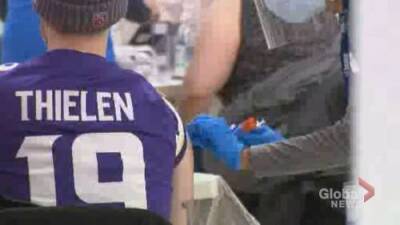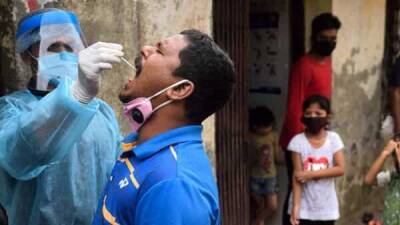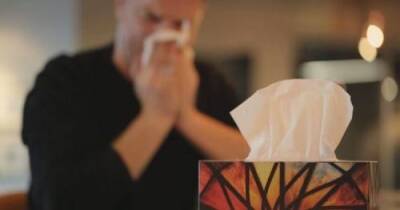People with symptoms of a respiratory infection including COVID-19
RSV.For most children and young people, these illnesses will not be serious, and they will soon recover following rest and plenty of fluids.Very few children and young people with respiratory infections become seriously unwell.
This is also true for children and young people with long-term conditions. Some children under 2, especially those born prematurely or with a heart condition, can be more seriously unwell from .Attending education is hugely important for children and young people’s health and their future.Children and young people with mild symptoms such as a runny nose, sore throat, or slight cough, who are otherwise well, can continue to attend their education setting.Children and young people who are unwell and have a high temperature should stay at home and avoid contact with other people, where they can.
They can go back to school, college or childcare, and resume normal activities when they no longer have a high temperature and they are well enough to attend.All children and young people with respiratory symptoms should be encouraged to cover their mouth and nose with a disposable tissue when coughing and/or sneezing and to wash their hands after using or disposing of tissues.It can be difficult to know when to seek help if your child is unwell.
If you are worried about your child, especially if they are aged under 2 years old, then you should seek medical help.If you have a positive COVID-19 test result, it is very likely that you have COVID-19 even if you do not have any symptoms.
Read more on gov.uk